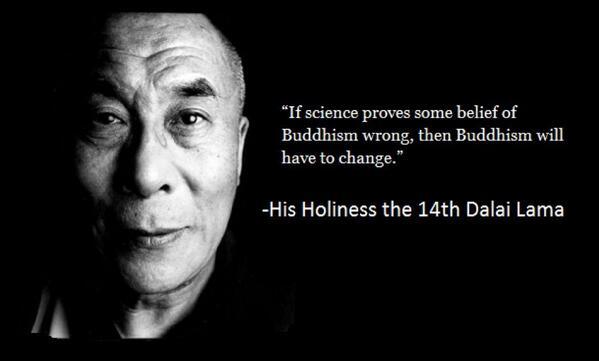Why science needs a diversity boost—and how to do it...
Geege Schuman stashed this in Diversity
Stashed in: Women, Science!, Teamwork, Awesome, Women in Tech, Corporate Diversity, STEM
Diverse Teams
In the increasingly interdisciplinary landscape of STEM, research suggests that diverse teams of scientists may have the competitive edge over more homogenous groups. Research on diversity in STEM is still developing, but data collected by Scott Page, a professor of complex systems at the University of Michigan and author of The Difference: How the Power of Diversity Creates Better Groups, Firms, Schools and Societies, supports the idea that a diversity of ideas and backgrounds benefits the entire field.
“Collective knowledge productivity depends on people knowing different things and seeing things different ways,” Page says. According to his research, the questions that scientists ask and the tools they use are a product of their background and personality. In his studies, diversity improves scientific productivity, discovery, and fairness of results. “When looking at a hard problem, diversity is ability,” Page says. He also stresses that measuring diversity should go beyond a simple headcount to more fully understanding how underrepresented scientists engage with their work and how their life experiences shape both their questions and their solutions. Without taking these more nuanced measures into account, he says, STEM disciplines won’t necessarily gain new perspectives from diversity. “It would be strange if the field looked the same once it became more diverse.”
This is a good line: "When looking at a hard problem, diversity is ability."
I wish more organizations could think this way.











12:26 PM Mar 10 2016